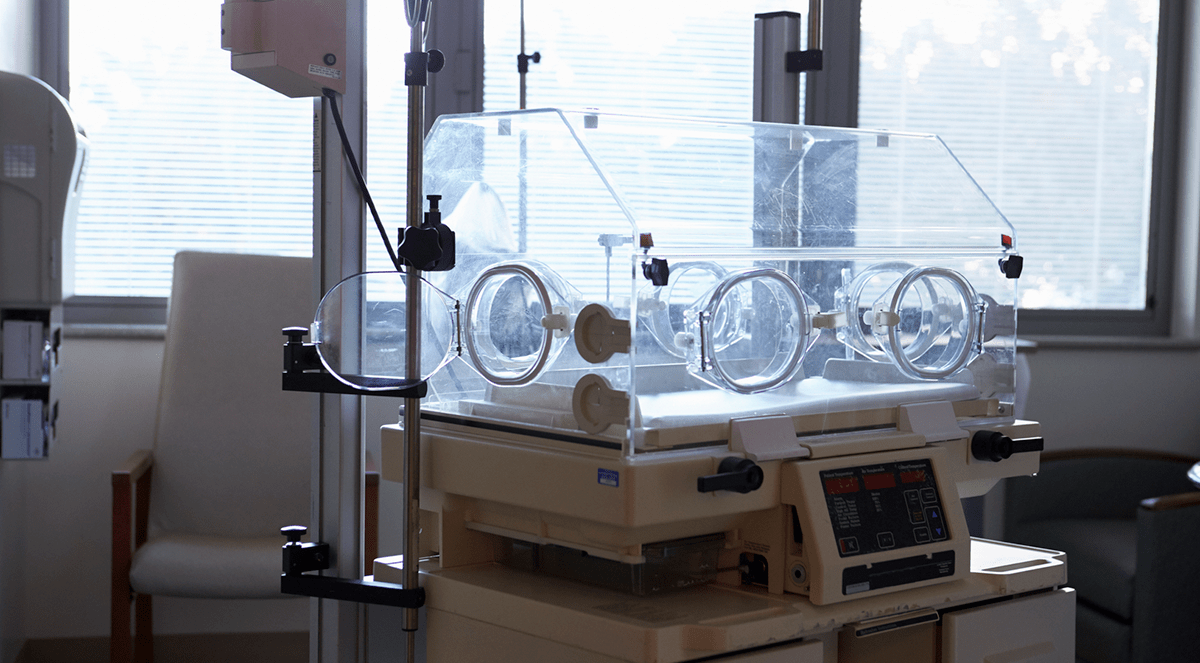Bacteria pseudomonas has been found in a water pipe, which supplies the neonatal intensive care unit at Prince George’s Hospital Center.
Prince George’s Hospital held a press conference this week and said that the testing of Pseudomonas occurred after three NICU babies tested positive for the bacteria during “routine nose swabs.”
The hospital says they have “begun a process to transfer the nine current patients in NICU to other hospitals due to three recent positive patient surveillance cultures for the presence of bacterium Pseudomonas.”
PG Hospital Center goes on to say that they are working with public health authorities as well as epidemiology and infection control experts from various health departments to “identify the root cause of the Pseudomonas and to help prevent future exposures.”
However, hospital officials said Tuesday evening that there isn’t any evidence linking the bacterium to two recent infant deaths in the unit.
They say their “highest priority is the safety and well-being of all our patients and their families, as well as our valued team of caregivers.”
What is pseudomonas bacterial infection? According to the Centers for Disease Control and Prevention, pseudomonas infection is a disease caused by bacterium from the genus pseudomonas, which are strains of bacteria found mostly in the environment including soil, water, and plants. They cause an infection in humans called pseudomonas aeruginosa.
What health risks are associated with pseudomonas infections? Pseudomonas can lead to rather serious complications for those who are already ill or have weak immune systems. There’s an even higher risk of death for patients who get infected by pseudomonas while being treated for blood infections, pneumonia or infections from surgery.
Who are the most at risk? Pseudomonas don’t generally cause infections in healthy people. Patients in hospitals recovering from surgery, suffering from wounds from surgery or burns along with those who are on breathing machines or require catheters have the highest risk of life-threatening infections. In fact, the most death causing pseudomonas infections are commonly spread in hospitals from contaminated equipment that hasn’t been properly washed.
Can pseudomonas be treated? Patients suffering from pseudomonas typically receive antibiotic treatments.


